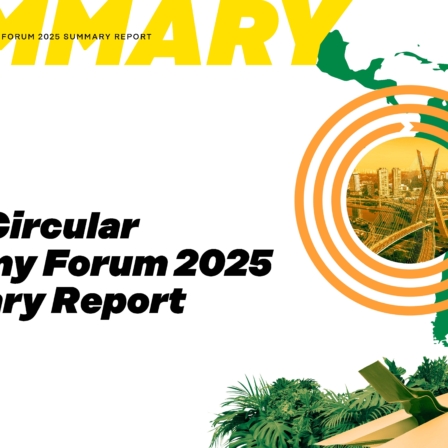Problem
The planet has limited resources of farmland nutrients and fossil energy. Traffic emissions will have to be reduced significantly in the coming years to help abate climate change. Industry, agriculture and households produce high volumes of organic waste, which will have to be utilised in new innovative ways, since the landfill disposal of biowaste will soon be banned in many countries. As the amount of waste keeps increasing, we must come up with more efficient ways of using raw materials than dumping them in landfill sites.
Solution: Renewable energy and organic nutrients from biodegradable secondary streams
Gasum receives community biowaste and slurry, organic secondary streams from various manufacturing industries and commercial operators, and secondary streams from agriculture. The waste products undergo a biological digestion process, which produces biogas and nutrient residue. The biogas is refined into a transportable form appropriate for the intended application, and nutrients are used as they are or processed for application on fields, in landscaping projects or as a replacement for inorganic nutrients for the manufacturing industry. Biogas is used as vehicle fuel, in households, in heating systems and as industrial energy. Using biogas for transportation purposes reduces the greenhouse gas emissions generated during the fuel life cycle by up to 85 per cent.
Revenue logic and benefits to Gasum
Gasum sells its energy and nutrient products and waste-processing services to customers. By bringing together different markets and identifying node points, the company is able to form partnerships and create new business. Biogas sales have increased rapidly, new applications have been identified for nutrients, and the raw material base of biogas plants has been diversified. To boost the biogas market, Gasum uses its existing gas ecosystem for the distribution of natural gas and LNG. Collaboration with operators facilitates circular flow systems. For example, Gasum works with the grocery retailer Kesko to produce biogas from the chain’s biowaste, which can then be reused in the manufacture of Kesko’s own-label products. This way, the material that used to go to waste is used as energy.
Benefits to customers
Biogas can significantly reduce emissions from vehicles and energy production while giving biowaste a purpose, thus contributing to circular economy targets. Both corporate customers and consumers can reduce their carbon footprint and act in a more sustainable manner, whether as raw material suppliers or product users. In addition, biogas is considerably cheaper than petrol, which consumers will be able to see in their wallets. Consumer demand for sustainable circular economy solutions is growing all the time. The use of a biogas label will give more visibility to products made using biogas.

















Recommended
Have some more.